Filter staff:
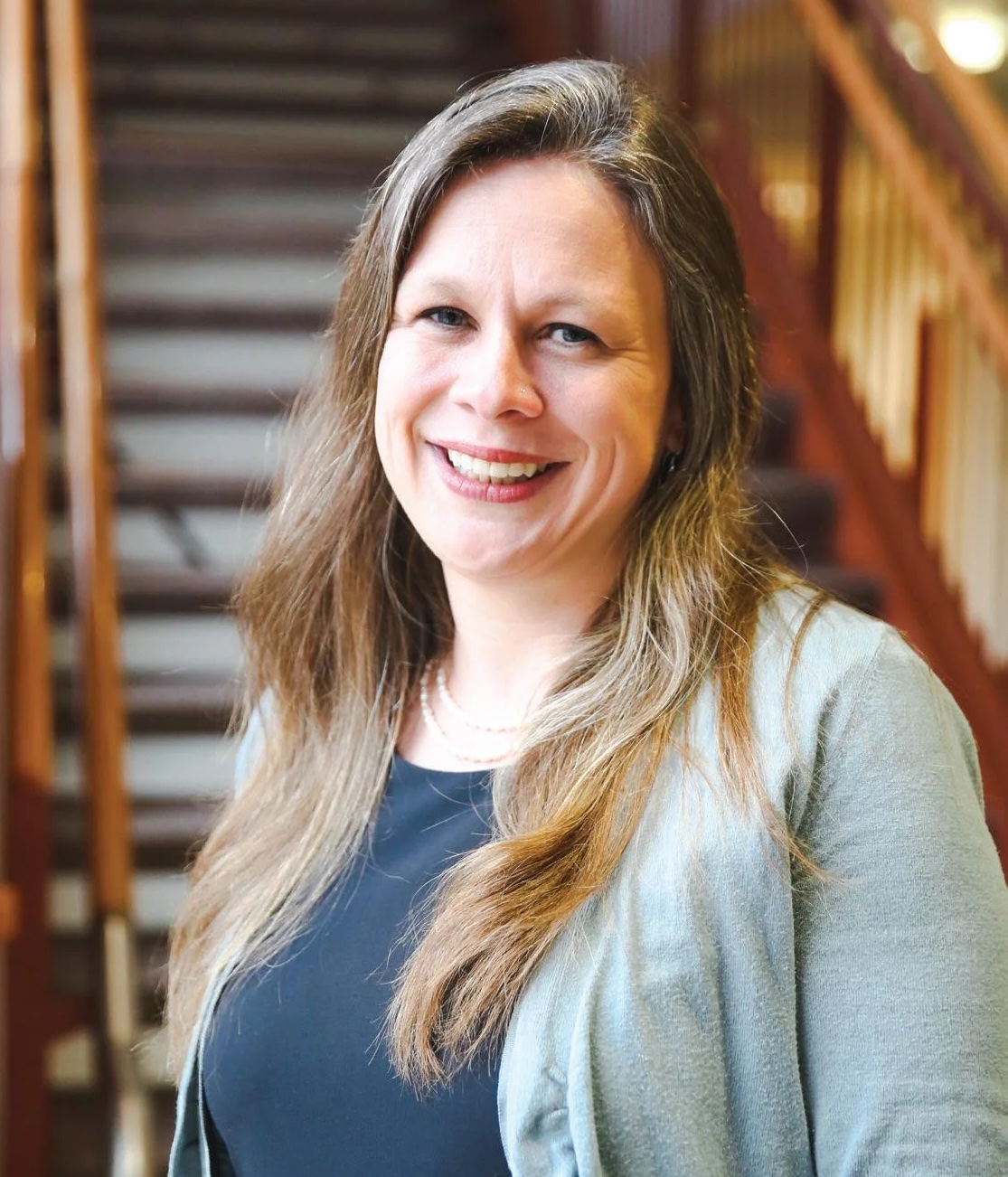
Professor Lorraine McCrary
Research Associate

Professor Lorraine McCrary
Research Associate
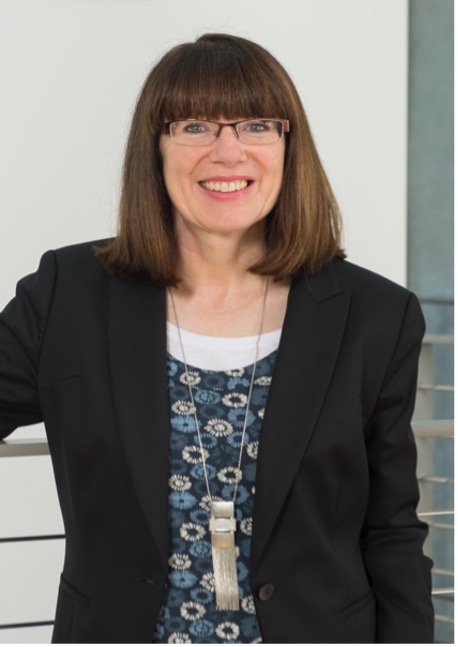
Professor Maria Burke
Senior Research Associate

Professor Maria Burke
Senior Research Associate
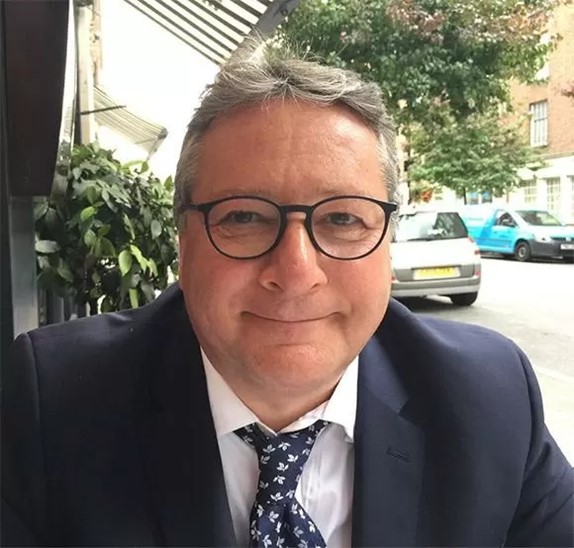
Professor Mark Engelman
VHI Affiliate Member

Professor Mark Engelman
VHI Affiliate Member
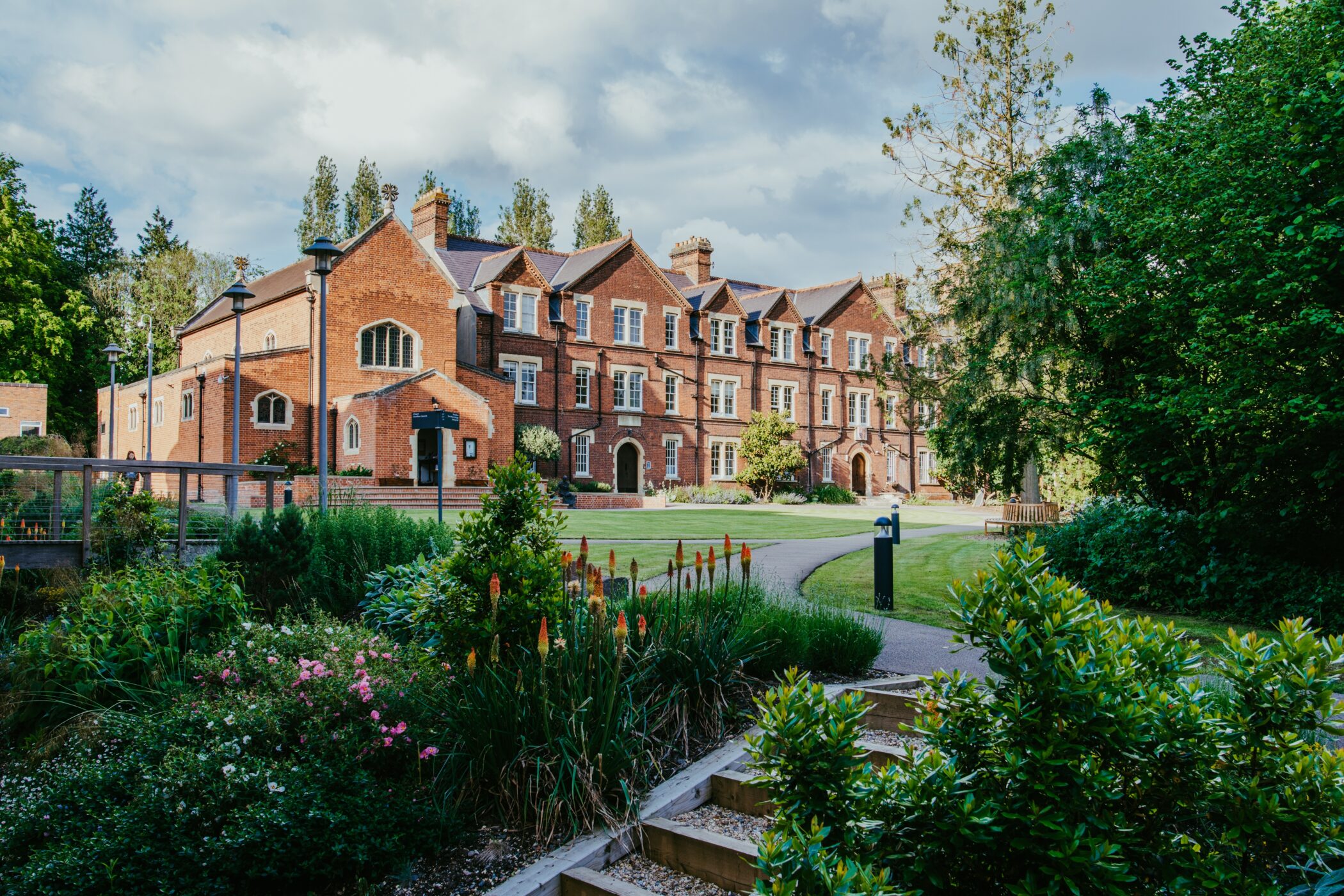
Professor Mary McAleese
Honorary Fellow

Professor Mary McAleese
Honorary Fellow
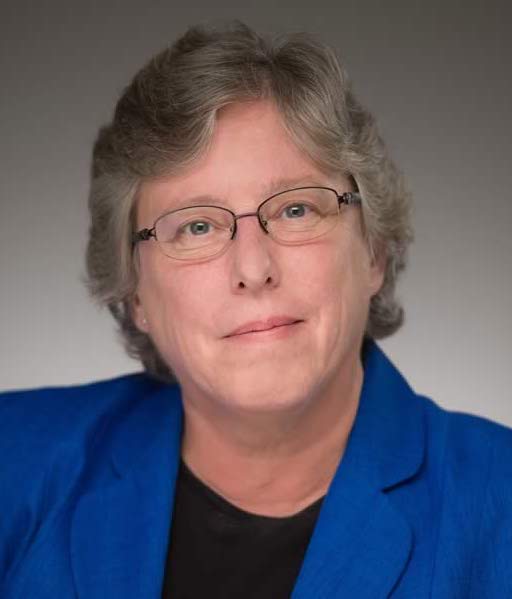
Professor Maura Ryan
Senior Research Associate

Professor Maura Ryan
Senior Research Associate
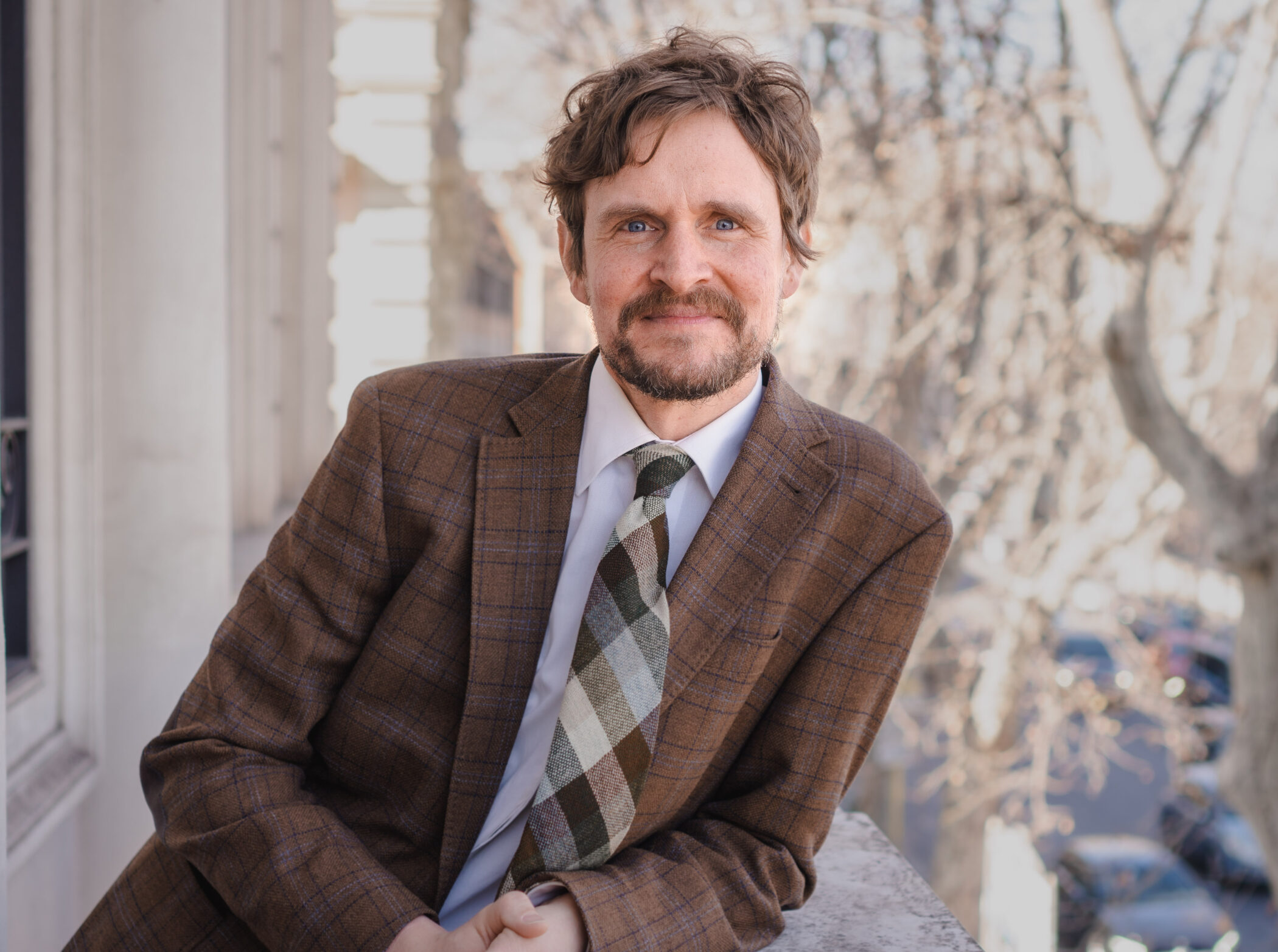
Professor Michael D. Driessen
VHI Affiliate Member

Professor Michael D. Driessen
VHI Affiliate Member
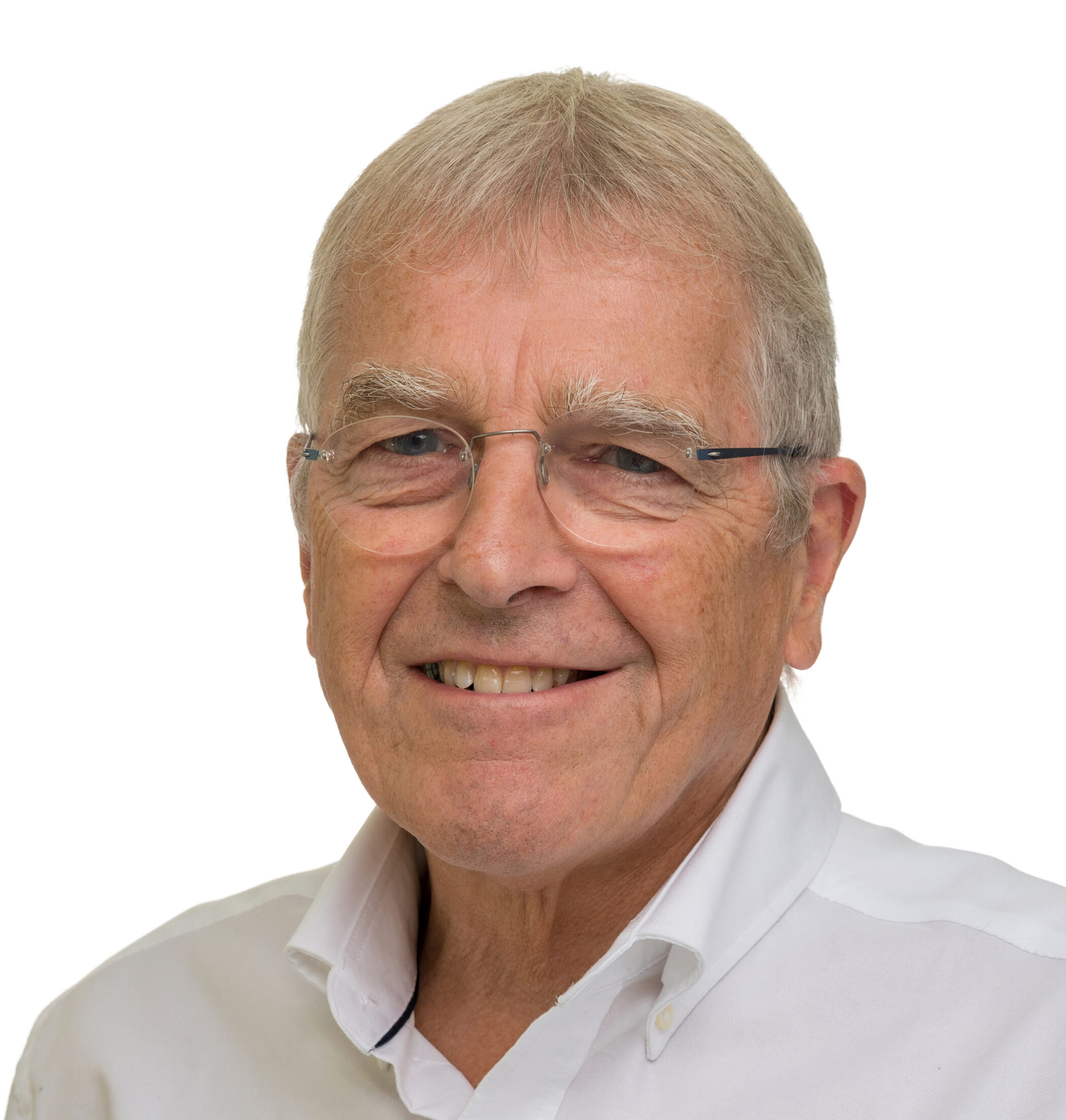
Professor Michael Herrtage
Life Fellow

Professor Michael Herrtage
Life Fellow
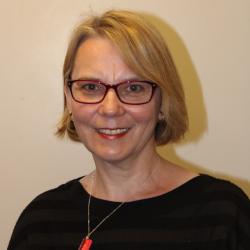
Professor Mihaela Kelemen
Senior Research Associate

Professor Mihaela Kelemen
Senior Research Associate
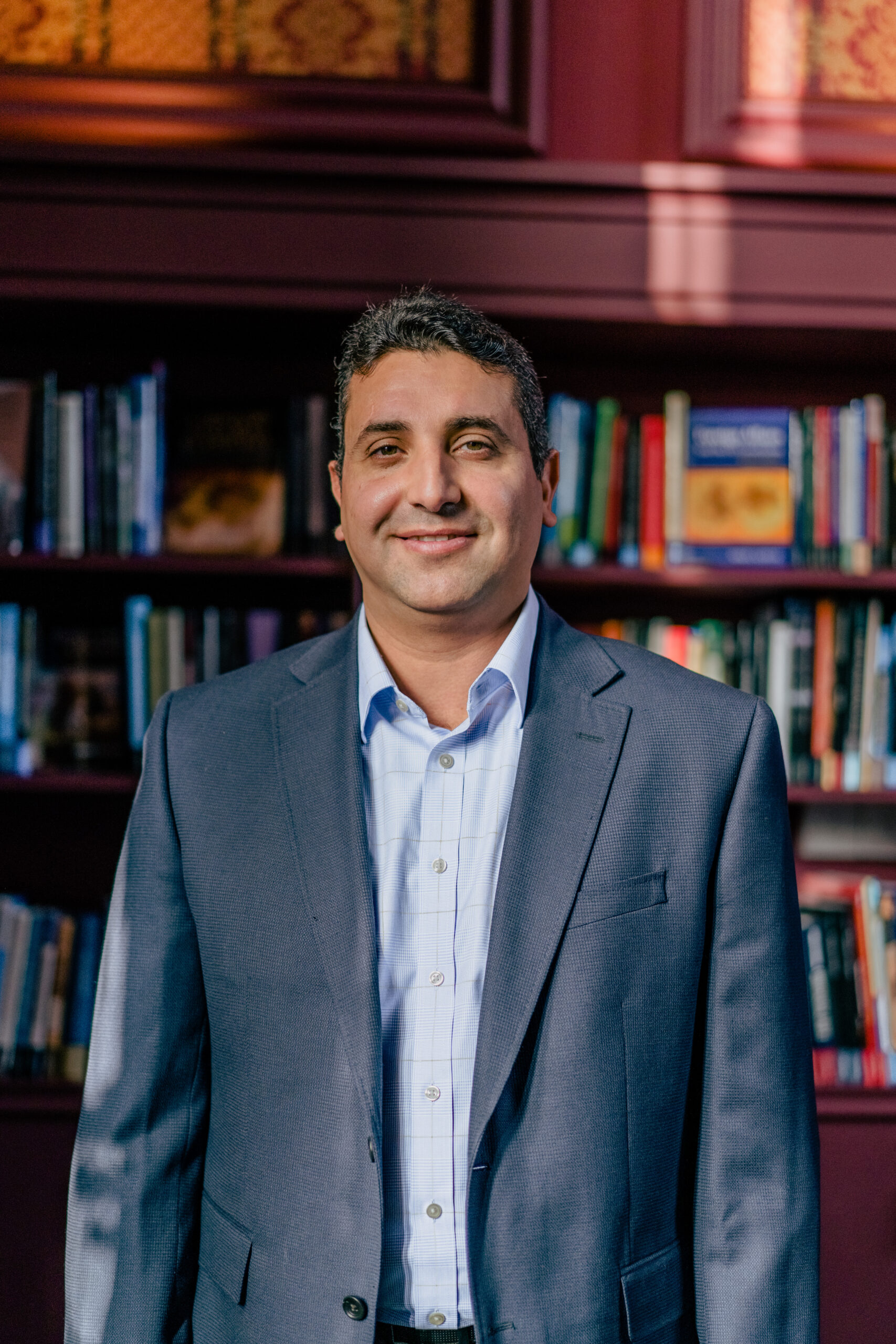
Professor Mohamed Zaki, BSc, MSc, PhD
Bye-Fellow

Professor Mohamed Zaki, BSc, MSc, PhD
Bye-Fellow

Professor Neil T Gorman DL
Honorary Fellow

Professor Neil T Gorman DL
Honorary Fellow
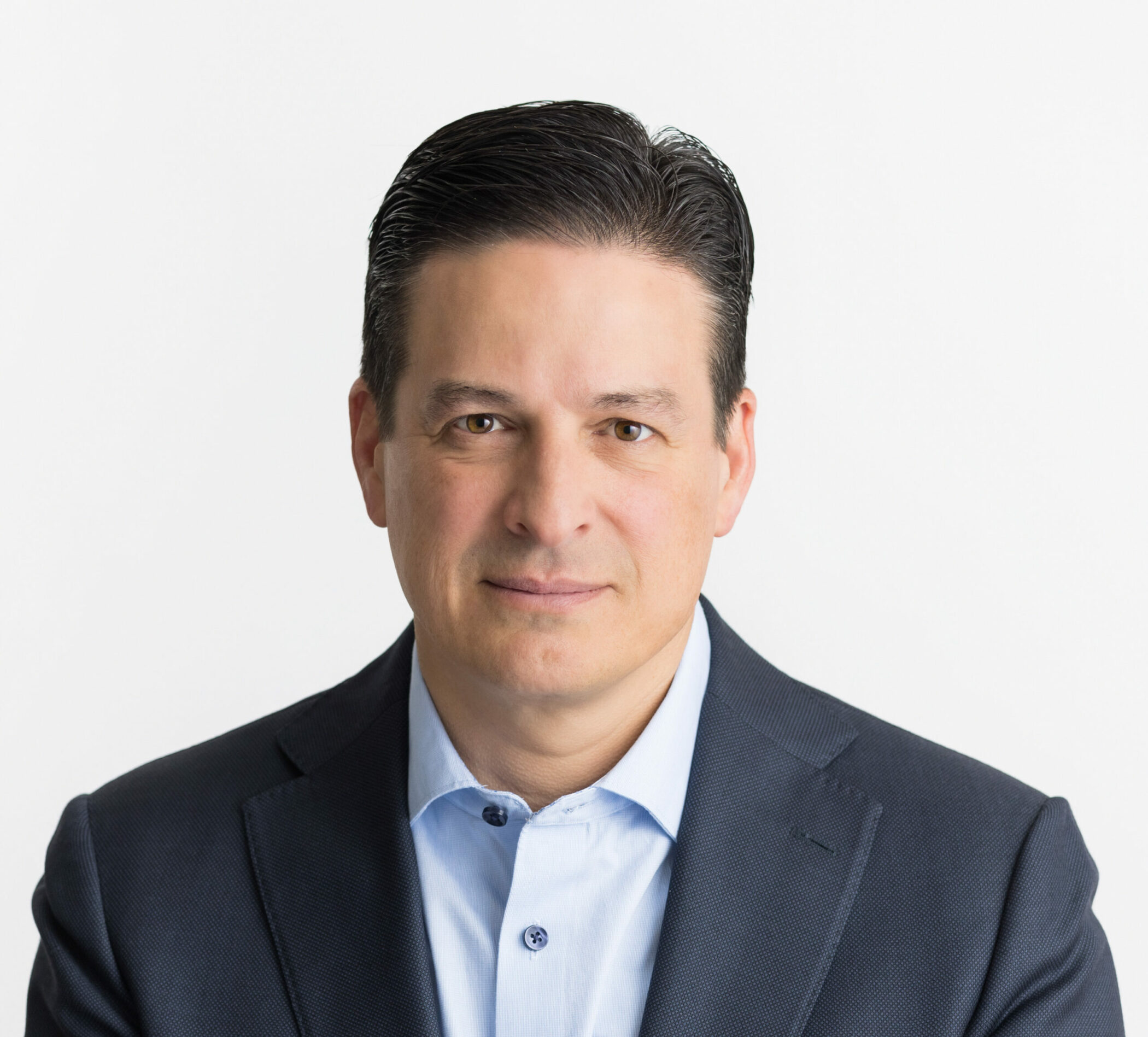
Professor Paolo Carozza
Senior Research Associate

Professor Paolo Carozza
Senior Research Associate
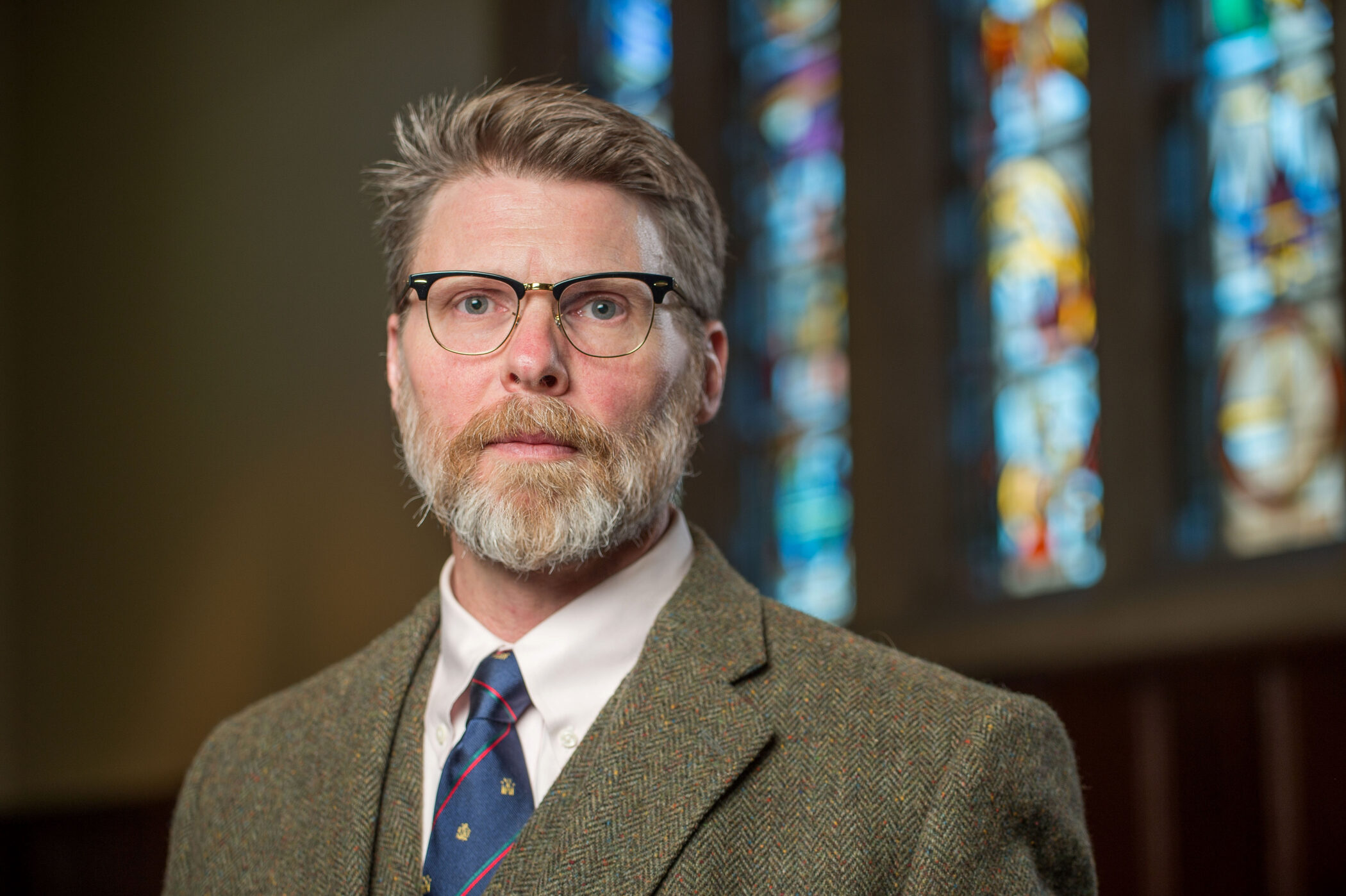
Professor Patrick Griffin
Visiting Scholar

Professor Patrick Griffin
Visiting Scholar

